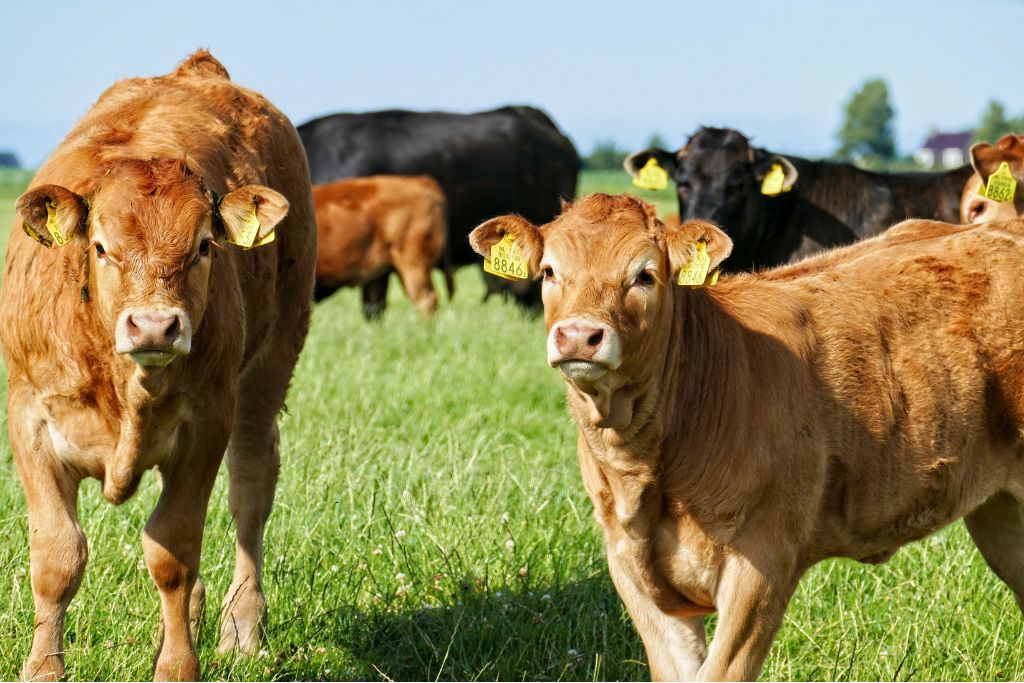On Tuesday, Prime Minister Jacinda Ardern proposed a tax on farmers for their agricultural and livestock greenhouse gas emissions by 2025. If approved, the scheme will put the country on track to meet its 2030 methane emissions reduction target.
—
New Zealand is planning to put a tax on farmers for their agricultural emissions by 2025, Prime Minister Jacinda Ardern hinted in a proposal released on Tuesday.
The scheme, set to be signed by the cabinet in early 2023, will require all farmers to pay a regulated price for the greenhouse gases emitted by their agricultural activities and livestock, including methane, carbon dioxide, and nitrous oxide emissions.
Under the new proposal, farmers who meet the threshold for herd size and fertiliser use will be required to pay a fixed tax set by the government every one to three years, the price of which will be influenced by the nation’s progress towards meeting its 2030 target to reduce methane emissions to 10% below 2017 levels and the net-zero emissions goal by 2050. All revenue from the levy will be reinvested in innovative research and new technology destined for farmers that adopt sustainable practices.
You might also like: Examining the Efficiency of A Methane Tax on Cattle
Nitrous oxide emissions mostly come from fertiliser-rich urine. Methane, on the other hand, is predominantly generated from livestock. The greenhouse gas that is 25 times more potent than carbon dioxide in warming the planet is also the second most abundant greenhouse gas after carbon dioxide, contributing 17.3% of global emissions. Ruminant species have a digestive system that decomposes food by letting it ferment. During fermentation, methane generates in the stomach and it is subsequently released into the atmosphere through belching. About 14% of all human-made greenhouse gas emissions come from animal husbandry, with cattle alone accounting for about 62% of the sector’s emissions.
“The proposal, as it stands, means New Zealand’s farmers are set to be the first in the world to reduce agricultural emissions,” said Ardern. “Cutting emissions will help New Zealand farmers to not only be the best in the world but the best for the world.”
Nevertheless, the lobby group Federated Farmers fears that many will be hit by overwhelming costs and decide to abandon their land as a result of the tax. The group said it is “deeply unimpressed with the government’s […] proposal”, adding it will “rip the guts out of small town New Zealand, putting trees where farms used to be.”
Previously, the government led by then-prime minister Helen Clark had proposed a tax on all livestock for their methane emissions, which however was met with opposition from local farmers and was eventually abandoned.
You might also like: Ways in Which Vertical Farming Can Benefit Our Environment


















